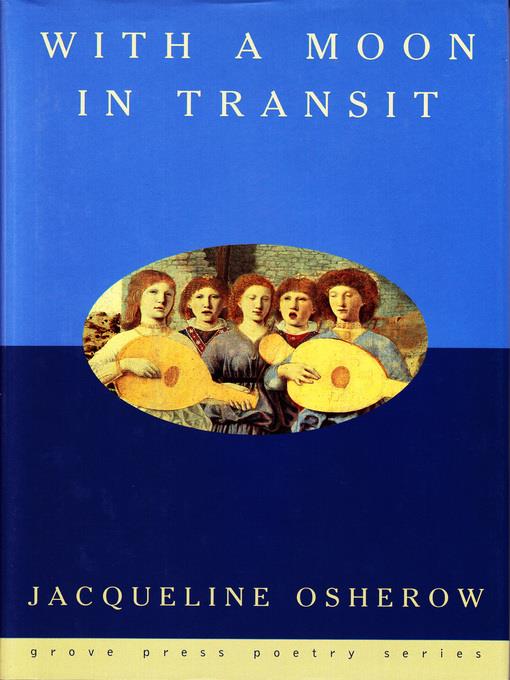
With a Moon in Transit
- اطلاعات
- نقد و بررسی
- دیدگاه کاربران
نقد و بررسی

September 9, 1996
In her third collection (Looking for Angels in New York and Conversations with Survivors) Osherow embeds modern feelings and observation in such verse forms as the terza rima and the sonnet. Like Robert Lowell, she implements rhyme and formal schemes in order to set scenes organizing and ostensibly elevating, the commonplace: "Some days, I'd just linger on the bus,/ Vaguely on the watch for random poetry,/ Biding my time, postponing hopelessness--" ("London, Before and After: the Middle Way"). Osherow is less successful when engaging historical or less-knowable material. In "Calling Emily Dickinson to Come, as Guide, Out West," Dickinson becomes an invisible "dreamy-eyed" friend with whom Osherow's "I" chats about "tone-deaf editors." In another, the poet Paul Celan, a classmate of Osherow's uncle, is woven more fully (and speculatively) into the poet's family biography--and reduced to a caricature of a luftmensch. But when Osherow sticks to placing prosaic scenarios into tercets, she offers sharp, amusing glosses that are likely to please many readers, as in "Early Spring, Back in London," as she speaks to a former lover, refound: "Or this flat (a palace to me when/ You moved from the squat you'd held illegally/ And I lived nowhere, a brief Bohemian// Before my crash landing in the bourgeoisie/ Or perhaps I should say my crash return?)/ How its cozy imperfections shame me."

December 1, 1996
At first, it seems ironic that Osherow (Conversations with Survivors, Univ. of Georgia, 1993) has chosen the moon-with its associations of mystery and elusive beauty, and its nightly mercurial guises-to be the operating metaphor in a collection that is down-to-earth and sparkling in its self-deprecating wit. But as she writes in the title poem, she envies the moon's transformative powers, how it burns "whatever's dreary, banal, petty/ with a subtle glitter borrowed from a sun/ No one on their piece of earth can see." Set in London, St. Peterburg, and the American West, sometimes tackling difficult subject matter, including the Holocaust, Osherow's poems wed an unpretentious conversational style with considerable technical expertise. The longer narrative poems, masterly composed in terza rima, captivate the reader with their generosity and sense of sharing a comfortable intimacy. Like her beloved moon, Osherow's poems cast a magical light on whatever she beholds. For all poetry collections.-Christine Stenstrom, Brooklyn P.L.




دیدگاه کاربران